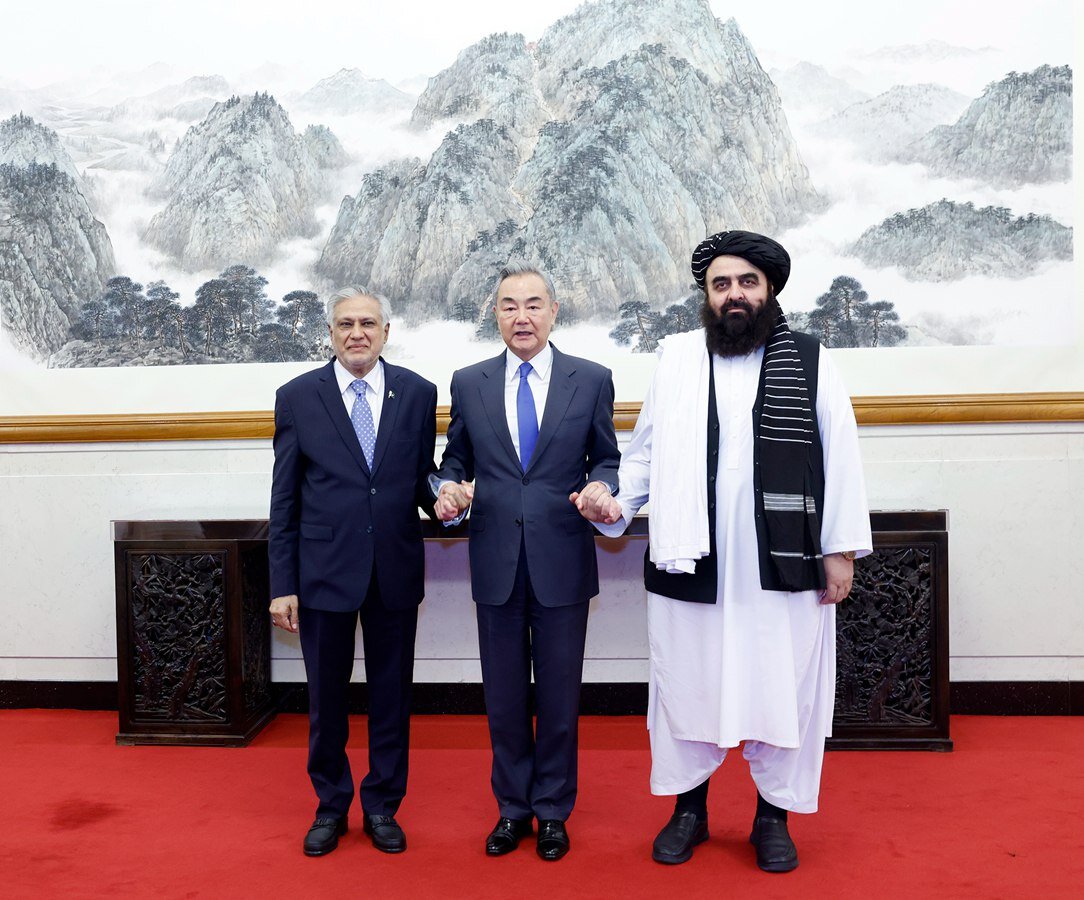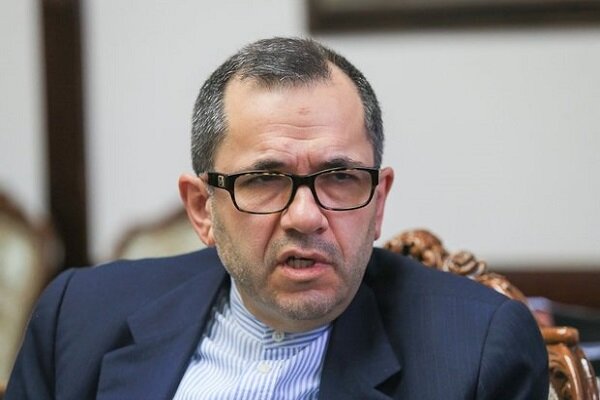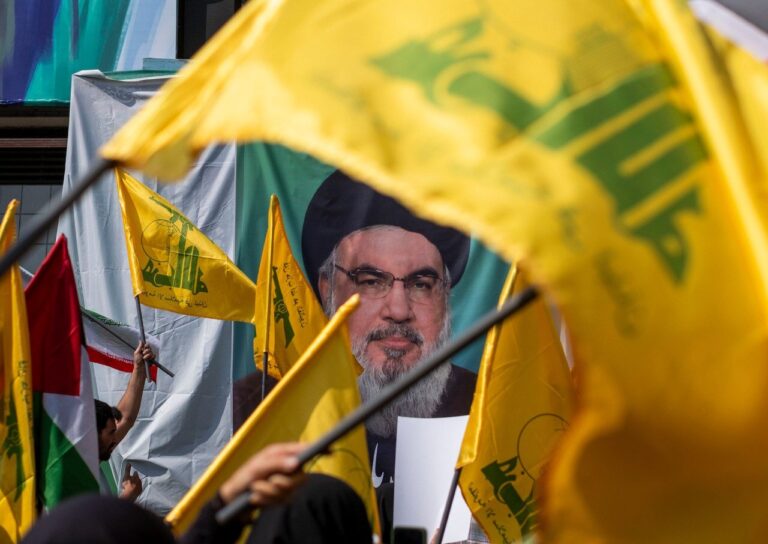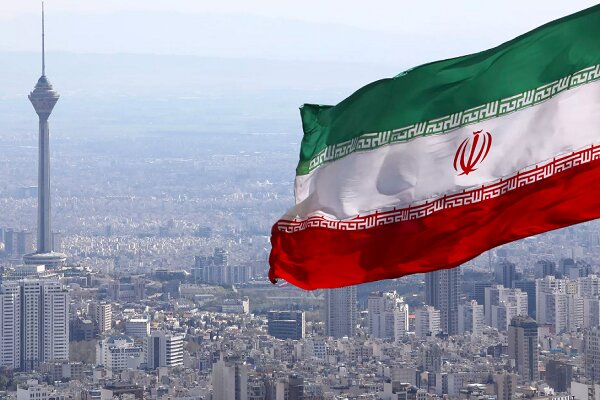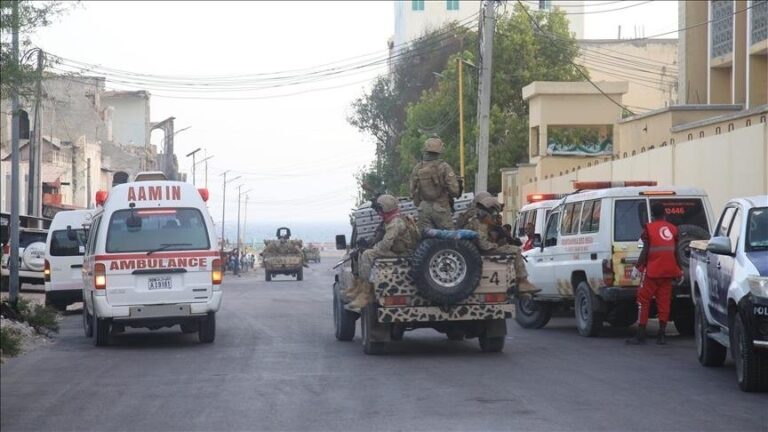Beijing Breakthrough: Afghanistan and Pakistan Strengthen Diplomatic Ties for a New Era
In recent developments, China’s diplomatic efforts have been reaffirmed, particularly through an informal trilateral meeting held in Beijing on Wednesday. This significant gathering brought together Afghanistan and Pakistan, providing a vital platform for both nations to engage in peaceful dialogue and address their bilateral issues effectively.
During the meeting, Foreign Minister Wang Yi chaired discussions that included Pakistan’s Deputy Prime Minister and Foreign Minister Mohammad Ishaq Dar, along with Afghanistan’s Acting Foreign Minister Mawlawi Amir Khan Muttaqi. The three diplomats expressed appreciation for the progress made under the China-Afghanistan-Pakistan Foreign Ministers’ Dialogue and engaged in constructive talks aimed at deepening trilateral cooperation for mutual benefits.
Critical Context of Afghanistan-Pakistan Relations
The timing of the Beijing talks is crucial, given the strained relations between Afghanistan and Pakistan, which have been tense since December 2024. This strain was largely due to Afghan officials accusing Pakistan of conducting deadly airstrikes in Paktika. Although Pakistan has categorized these actions as counterterrorism operations, Kabul disputes this characterization.
Wang Yi, a member of the Political Bureau of the CPC Central Committee, took the opportunity to review and summarize the key outcomes of the meeting. He emphasized China’s principled stance in supporting both Afghanistan and Pakistan’s sovereign right to choose development paths that align with their national circumstances while maintaining their territorial integrity and core national interests.
Strengthening Diplomatic Ties
One of the significant outcomes of the meeting was the expressed willingness of both Afghanistan and Pakistan to elevate their diplomatic relations. They agreed in principle to exchange ambassadors at the earliest opportunity. Wang welcomed this development and pledged that China would continue to assist in improving Afghanistan-Pakistan relations.
Currently, both countries maintain embassies in each other’s capitals, but these diplomatic missions are led by charge d’affaires instead of ambassadors, highlighting the need for stronger ties.
Joint Counterterrorism Efforts
Another critical point discussed was the consensus between Pakistan and Afghanistan to jointly combat terrorism. This includes:
- Enhanced security cooperation
- Addressing shared concerns regarding terrorist groups
- Preventing external interference in regional matters
Both sides committed to preserving regional stability and fostering an environment conducive to mutual development. Wang also noted the commitment from both China and Pakistan to support Afghanistan’s reconstruction and development. They expressed readiness to expand trade cooperation and assist in building Afghanistan’s sustainable development capacity.
Belt and Road Initiative Collaboration
During the meeting, the three nations reached a consensus to intensify their collaboration under the Belt and Road Initiative (BRI). They particularly focused on:
- Extending the China-Pakistan Economic Corridor (CPEC) to Afghanistan
- Upgrading regional connectivity systems
Furthermore, they agreed to expedite preparations for a trilateral foreign ministers’ meeting in Kabul, signaling a commitment to ongoing dialogue and cooperation.
Understanding the CPEC
The CPEC, a flagship project of China’s BRI valued at $64 billion, aims to establish comprehensive connectivity between China’s Xinjiang province and Pakistan’s Gwadar Port. This initiative includes an integrated network of highways, railways, and energy pipelines, all designed to strengthen economic integration and development cooperation across participating nations.
China’s Role in Regional Diplomacy
The Beijing meeting reflects China’s ongoing commitment to facilitating dialogue in the region, building on its achievements in fostering reconciliation. In 2023, China played a pivotal role in restoring relations between Iran and Saudi Arabia, and its mediation efforts in the July 2024 Hamas-Fatah agreement further demonstrated its commitment to fostering political solutions.
As the situation continues to evolve, the diplomatic efforts spearheaded by China could pave the way for a more stable and cooperative environment in South Asia, benefiting not only Afghanistan and Pakistan but also the broader region.
